LATEST INSIGHTS
Your Present Location: LATEST INSIGHTS-
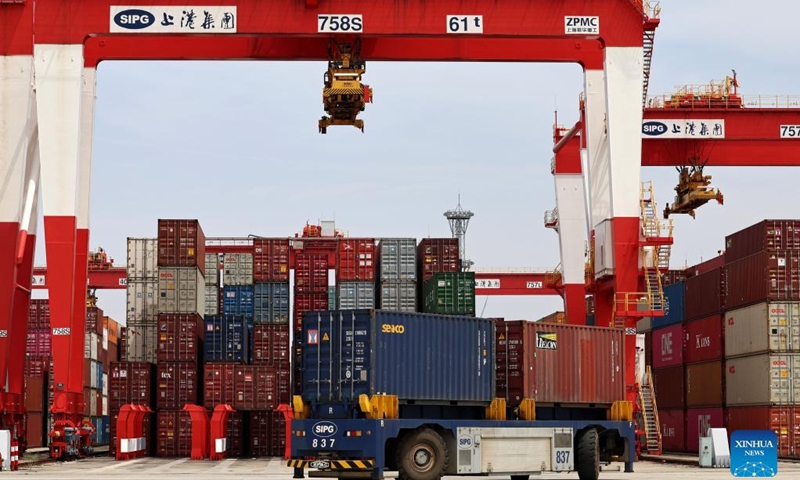
Liao Qun: China April economic data down on Omicron impact; more pro-growth measures in pipeline
2022-05-19 -
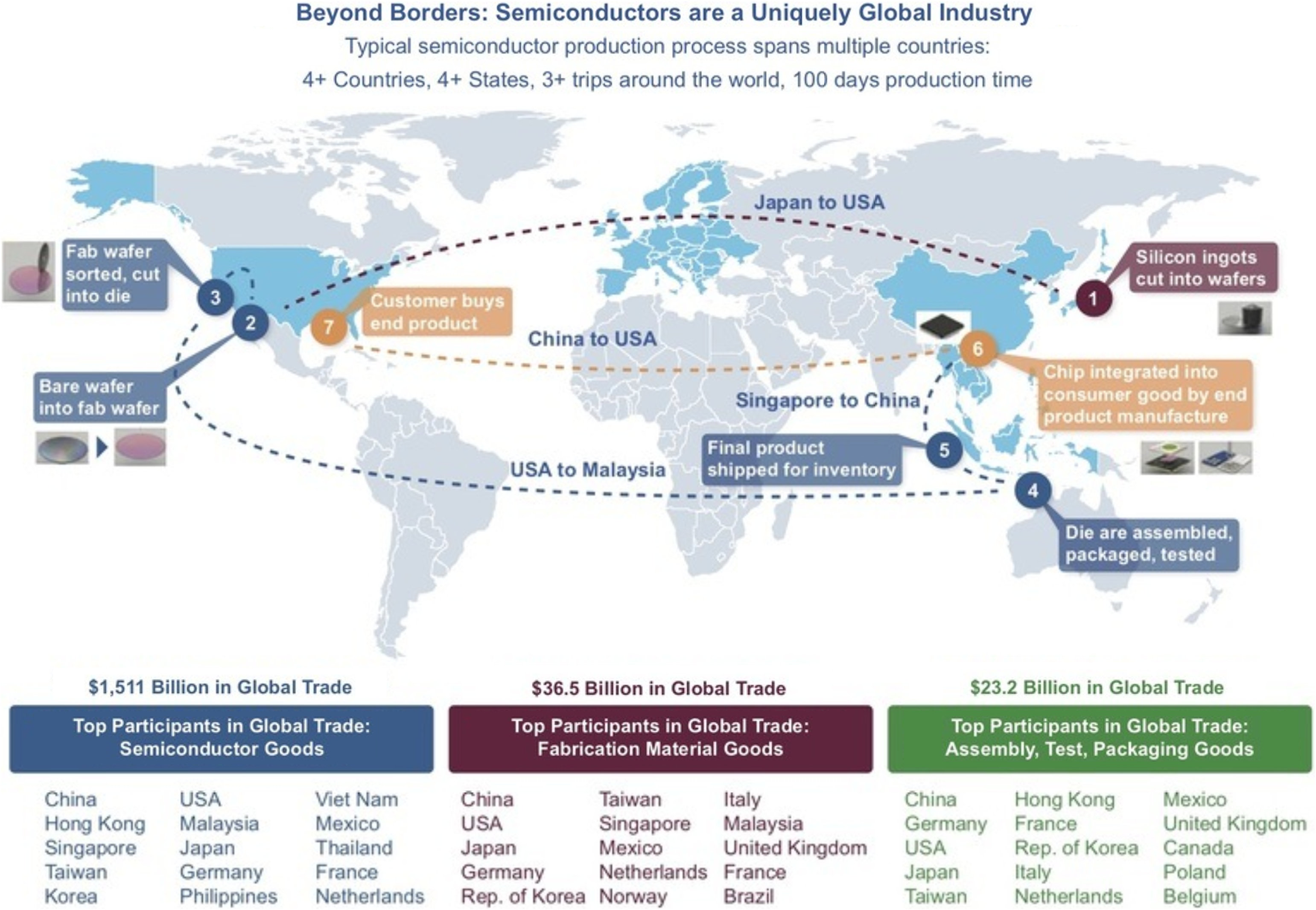
He Weiwen: Of Chips and Trade
2022-05-19 -
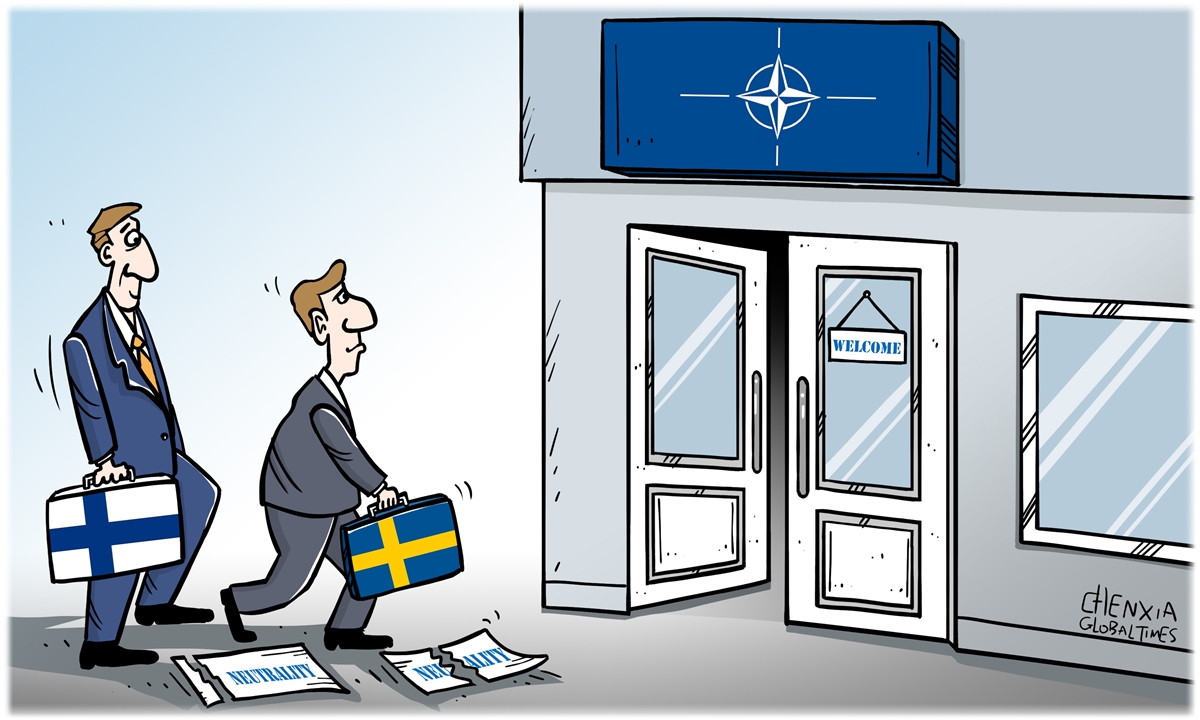
Ding Gang: Will joining NATO rid Finland, Sweden of fear?
2022-05-19 -
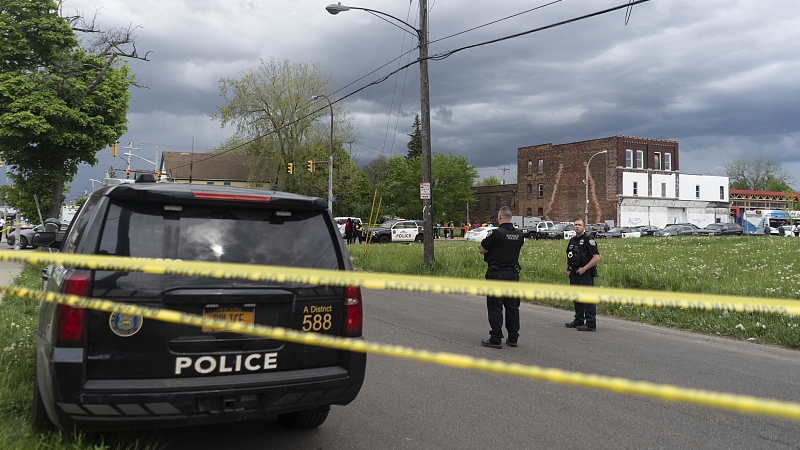
William Jones: Buffalo killings must serve as a wake-up call on roots of violence in America
2022-05-18 -
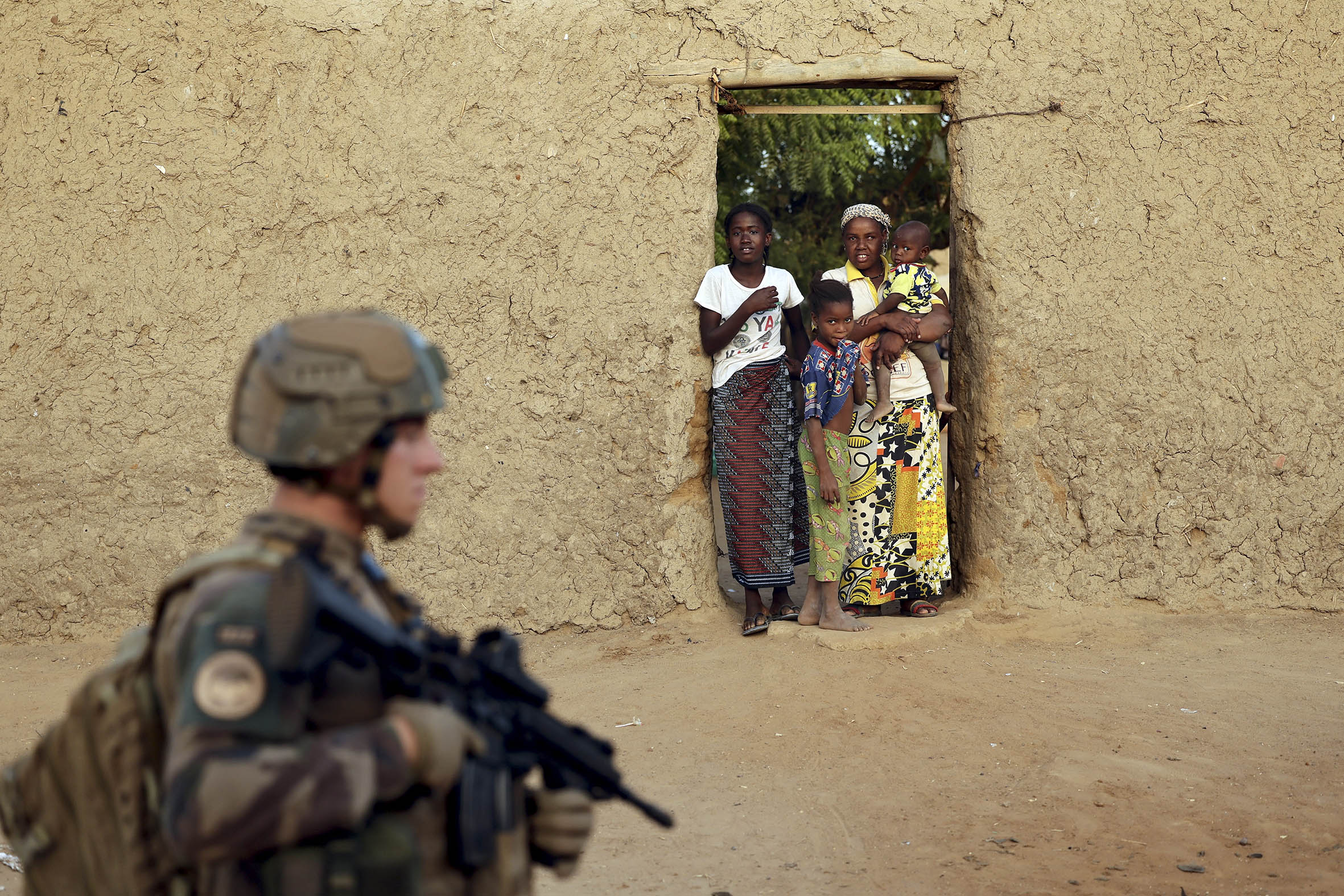
Vijay Prashad: Mali ejects French forces amid serious challenges
2022-05-18 -
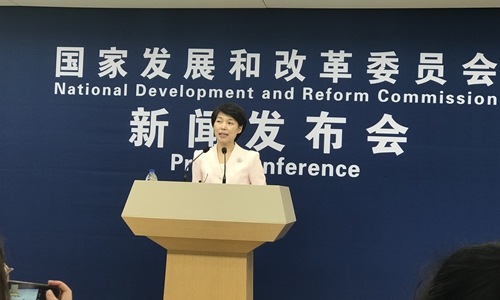
Dong Shaopeng: China’s NDRC releases new plan to back up economic growth, employment
2022-05-18 -
Wang Wen: World needs good international governance but US has become disturbance
2022-05-17 -
【2022-05-17】Programme of the 2nd Valdai Club Central Asian Conference "Russia – Central Asia: Cooperation and Development Amid Instability"
2022-05-17 -
Zamir Awan: The US wants to keep its status as a superpower at any cost
2022-05-16 -
William Jones: Tedros' 'warnings' are somewhat out of place
2022-05-16 -
Wang Wen: Books: Xi gives China’s solutions to global issues
2022-05-16 -
Suisheng Zhao: Top-level Design and Enlarged Diplomacy: Foreign and Security Policymaking in Xi Jinping’s China
2022-05-16 -
Diao Daming: GT Investigates: Higher infection and mortality, increasing ethnic violence, unemployment, and deep-rooted racism in the US deprive minorities of a present and a future
2022-05-16 -
Zamir Ahmed Awan: Ukraine War may transform the World Order
2022-05-13 -
Vijay Prashad: Mali’s military ejects France but faces serious challenges
2022-05-13 -
The “Seeking Peace and Promoting Development: An Online Dialogue of Global Think Tanks of 20 Countries” was successfully held on May 6, 2022
2022-05-13 -
Liu Ying: Removal of tariffs can help US
2022-05-13 -
Jeffrey D. Sachs: The bad news about the economy
2022-05-13 -
Zamir Ahmed Awan: Collective wisdom must prevail to pull the nation out of the crisis
2022-05-12 -
Peter Koenig: Ukraine: How to Reach a Peace Agreement. China Could Play an Important Role as a Moderator
2022-05-12
(共5509条)
























































































 京公网安备 11010802037854号
京公网安备 11010802037854号





